Governmental organisations often use dialogue-based approaches in governance for sustainability. The intention is to involve relevant actors that represent a variety of perspectives and positions – from businesses to landowners to activists and citizens – to ensure that policy interventions are socially legitimate and effective.
While dialogue processes are a valuable tool for inclusive, legitimate and effective governance, their implementation is often fraught with difficulties, usually due to challenges related to power relationships and conflict.
Designing power-sensitive and conflict-aware communication
Within MISTRA Environmental Communication, we translate recent research on power and conflict into participatory practices. Together with societal partners, we co-develop ways to design power-sensitive and conflict-aware environmental communication.
We work with the following cases:
- Urban development in Uppsala
- Water management in rural areas in Västmanland
- Land use planning in Sami territory
- Dialogue processes in forestry-related conflict management.
Researchers involved
Martin Westin, Researcher at Uppsala University and SLU
martin.westin@slu.se
Camilo Calderon, Researcher at SLU
camilo.calderon@slu.se
Lars Hallgren, Senior Lecturer at SLU
lars.hallgren@slu.se
Alexander Hellquist, Facilitator at Uppsala University
alexander.hellquist@swedesd.uu.se
Annette Löf, Researcher at SLU
annette.lof@slu.se
Amelia Mutter, Researcher at SLU
amelia.mutter@slu.se
Kaisa Raitio, Associate Professor at SLU
kaisa.raitio@slu.se
Dialogue and collaboration network
Within the focus area, a network has been created for those who want to develop sustainability dialogues. Read more about the network and sign up at slu.se/mistraec/natverkdialogsamverkan (in Swedish).
Tools
- Reflektionscykeln – ett stödmaterial för dig som leder dialoger och samverkan (Swedish)
- Att leda samverkan – en handbok för dig som vill hantera komplexa samhällsproblem (Swedish)


